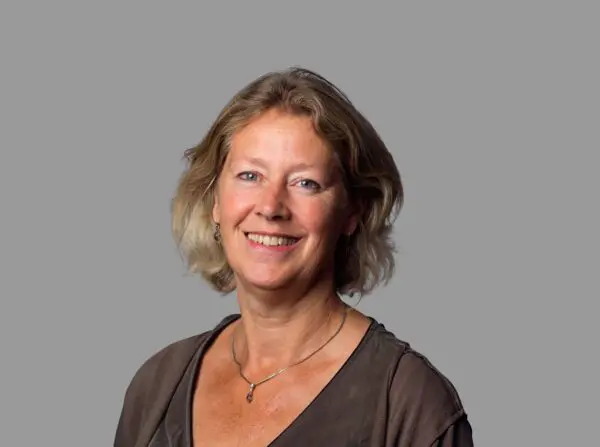In March 2015, the Netherlands Enterprise Agency (RVO) requested a quick scan of the EIA for the Horizon tannery. The NCEAs review was meant to inform the RVO decision on the extent to which the project developers are meeting the subsidy conditions. One of the conditions was: “Positive outcome of the Final Report on the Environmental and Social Impact Assessment (ESIA)”. RVO also requested that the EIA report be delivered together with the license/permit of the local environmental authorities. The results of the quick scan were published in an NCEA advisory report, in March 2015. In May 2015, the developers submitted a second version of the EIA report to RVO, after which RVO asked the NCEA to check whether the recommendations made in the earlier quick scan, were given adequate follow up.
Significant details
The revised EIA report represents an improvement in relation to the previous report. However, the NCEA concludes that serious uncertainties concerning the management of environmental and social impacts remain. The NCEA recommended that the EIA be supplemented, before decision making on the project on the following points:
- Justification on project feasibility in terms of market access guarantees and related transport movements. This may have consequences for alternative transport modes and related impacts (for comparison by road or by boat).
- The revised EIA considers the waste water treatment plant and the incinerator as an integral part of the project. Outlines of these project components are provided in the Annexes of the revised EIA report. When the designs will be further detailed as part of the revised EIA, this may require a check by an expert in the matter as to assess whether these project components will indeed be able to meet the set standards regarding air and water quality.
- The proposed mitigation measures still need further elaboration as some of these are currently formulated as ‘intentions’ but not described in sufficient detail. This is crucial to warrant environmentally sound project execution. The need for describing these mitigation measures as detailed as possible (including required budget for instance) is particularly relevant in the situation in South Sudan, where the institutional capacity for environmental monitoring and enforcement will be weak if not absent.
- When this additional information will have been provided, it is also required to present this in a clear and easily accessible non-technical summary to the EIA.
Advisory reports and other documents
16 Mar 2015: Memorandum
08 Jun 2015: Memorandum
